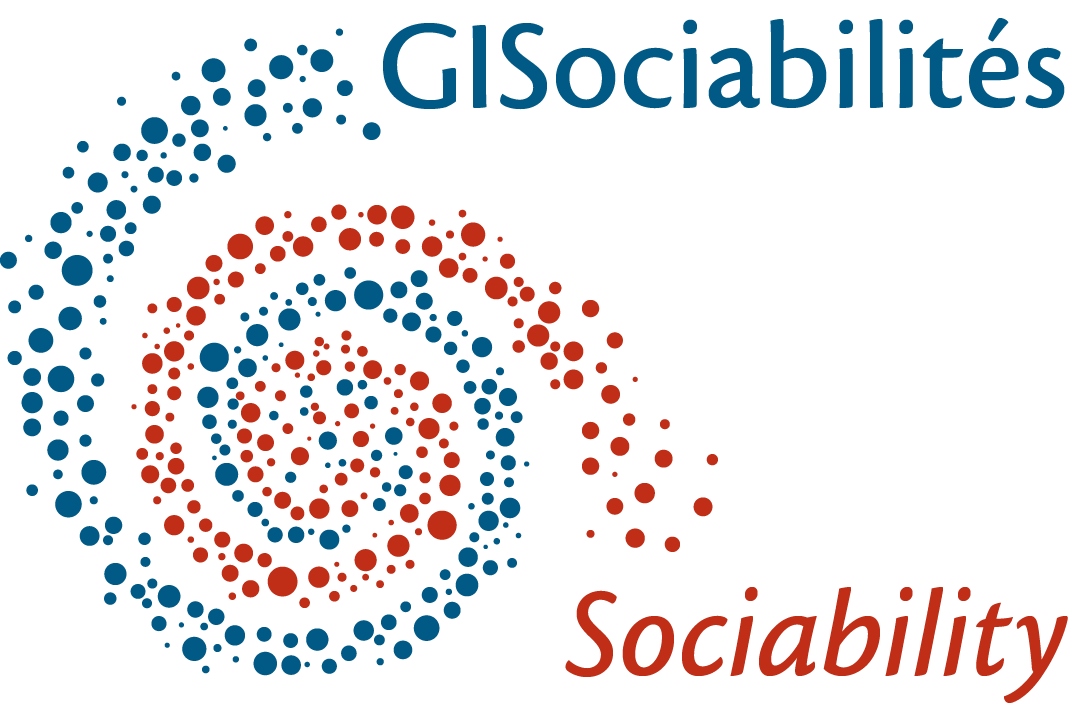DIGIT.EN.S
The Digital Encyclopedia of British Sociability in the Long Eighteenth Century (1650-1850) is an open-access digital encyclopedia with a multi-modal search engine. It is compemented with an historical anthology of primary texts and iconographic sources (in development).
The objective of DIGIT.EN.S
The digital and pluri-disciplinary dimensions of DIGIT.EN.S make it an valuable resource for the community of anglophone et francophone scholars and students, but also for a wider audience. The modalities of its set up, of its consultation and search options as well as the variety of the topics explored through the lens of sociability should lead them to reflect on this essential Enlightenment value, which finds various forms of expression in our twenty-first century, from the persistence of institutional spaces of sociability to the consumption of 'sociable goods' such as coffee or tea, or of sociability practices such as friendship.
By combining historical, sociological, philosophical, linguistic, and literary approaches, DIGIT.EN.S can be considered as a unique innovative and flexible resource in the research landscape.
The structure of DIGIT.EN.S
As a matter of fact, the shaping and circulation of models of sociability rested on the influence and agency of individuals and groups, men and women, famous and less known people; on the role played by diverse places and institutions that enabled these individuals to interact and various sociable practices to exist and flourish; on objects that became material or visual vectors of sociable exchange and performance. Finally, the definition and evolution of a number of concepts linked to the notion of sociability provide an essential theoretical framework to such a wide-ranging investigation. Hence the 5 main categories that structure the encyclopedia: People, Practices, Places, Objects and Concepts.

The DIGITENS project (2019-22)

An EU-funded project : Horizon 2020-MSCA-RISE
The Digital Encyclopaedia of European Sociability (DIGITENS) project has produced the first open-access digital encyclopaedia on sociability in Europe throughout the long-eighteenth century. The purpose of the DIGITENS project was twofold:
- to develop the scope of research into British sociability in the long eighteenth century.
- to relate British models of sociability to other European and colonial models of sociability and to examine how models and forms circulated from one society to the others, were appropriated and modified, encouraging the dissemination and construction of new models of sociability in Europe.
The purpose of the DIGITENS project was:
- to build an original framework for understanding the interactions, tensions, limits and paradoxes underlying European models of sociability
- and to reflect on the following question: can the emergence and formation of European models of sociability be traced throughout the long eighteenth century (1650-1850)?
Drawing upon the expertise of international members from different disciplines and national traditions, the project has created a top level interdisciplinary network and facilitated intersectoral communication between its academic and non-academic partners. The seven European universities have worked together with the Bibliothèque Nationale de France, Musée Cognacq-Jay in France, The National Archives in the United Kingdom and McGill University and the Université du Québec à Montréal, allowing members to explore how understandings of sociability might be enhanced through dialogue, international collaboration, and digital technology, developing a broader contextualisation of the research into European sociability.
Through the implementation of outreach events, workshops and the production of the accessible digital platform, the DIGITENS team has promoted a wide investigation of the value of eighteenth-century principles in twenty-first-century private and public lives throughout Europe and, to a minor extent, the former colonial Empires.
Link to the project teaser: https://www.youtube.com/watch?v=MYTH7r1AZFk

